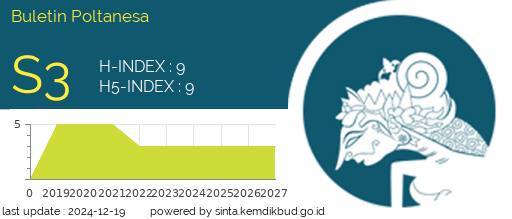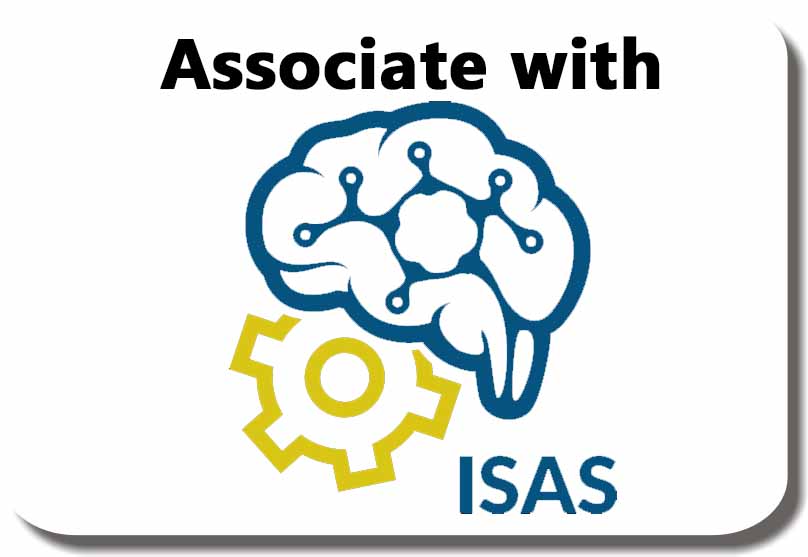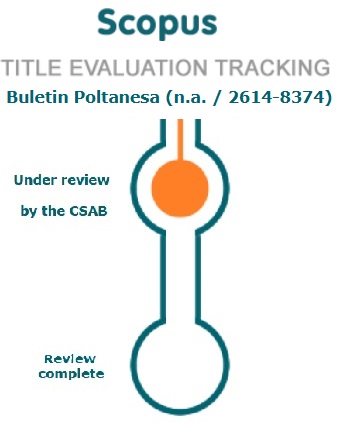Analysis of the Implementation of the Livable House Priority Program in East Kalimantan Province
DOI:
https://doi.org/10.51967/tanesa.v26i1.3209Keywords:
Livable House, Public Policy, CSR, Sustainable Development Goals (SDGs), Housing Program, Stakeholder Collaboration, East Kalimantan.Abstract
This study explores the implementation of the Livable House Priority Program in East Kalimantan Province as a strategic effort to address the problem of inadequate housing and support sustainable regional development. As part of the provincial government’s commitment to achieving the Sustainable Development Goals (SDGs), especially Goal 11 Sustainable Cities and Communities the Livable House program aims to reduce the number of uninhabitable houses by providing decent, safe, and healthy housing for low-income families. The initiative integrates corporate social responsibility (CSR) through collaboration between the government and private companies operating in the region, aligning with the mandate of East Kalimantan Governor Regulation No. 27/2021. This research adopts a qualitative approach through in-depth interviews, participatory observation, focus group discussions (FGDs), and document analysis. The study focuses on three priority regions: Bontang City, Berau Regency, and Paser Regency. Findings indicate that while the program has made tangible progress in reducing uninhabitable housing and improving settlement environments, its implementation is hindered by limited corporate participation, logistical and administrative challenges, and inconsistent regional policy enforcement. The role of the private sector remains suboptimal, often due to unclear implementation guidelines, shifting political commitments, and lack of incentives. Despite these obstacles, the Livable House program has demonstrated significant potential in contributing to poverty reduction, improving social welfare, and promoting stakeholder synergy. However, to ensure long-term sustainability and scalability, the study recommends enhancing intersectoral collaboration, strengthening regulatory frameworks, fostering corporate engagement, and adopting adaptive policy models. This research contributes to public policy discourse by offering insights into the dynamics of decentralized policy implementation, highlighting the importance of collaborative governance in addressing complex social issues in developing regions.
References
Andrakayana, M. (2023). Evaluasi Tingkat Livability Perumahan Formal di Kawasan Peri-Urban (Studi Kasus: Kecamatan Taman, Kabupaten Sidoarjo). Institut Teknologi Sepuluh Nopember
Aulia, D. N. (2016). A framework for exploring livable community in residential environment. Case study: public housing in Medan, Indonesia. Procedia-Social and Behavioral Sciences, 234, 336–343.
Azizah, N., Fatimah, M., Mutholib, A., & Setiadi, B. (2023). Evaluation of Rehabilitation Program for Uninhabitable House in Cijulang Village Pangandaran District. Journal of Government Science and Rural Development.
Creswell, J. W. (2014). Research design: Qualitative, quantitative, and mixed methods approaches (4th ed.). Sage Publications.
Erfian, R. (2023). Implementasi Kebijakan Program Bantuan Rehabilitasi Rumah Tidak Layak Huni untuk Masyarakat Kurang Mampu di Samarinda Kalimantan Timur (Tesis). Universitas Mulawarman.
Ewurum, N. I., Egolum, C. C., & Ogbuefi, J. U. (2019). Stakeholder management strategy for sustainable public housing delivery in South East, Nigeria. Global Journal of Advanced Research, 6(3), 78–94.
Haug, M., Rössler, M., & Grumblies, A.-T. (2016). Introduction: contesting and reformulating centre–periphery relations in Indonesia. In Rethinking power relations in Indonesia (pp. 1–25). Routledge
Herrera Jr, S. H., & DPA, E. N. P. (2021). Implementation of the disaster risk reduction and management in flood-prone barangays in Talisay City. International Social Science Review, 4(1), 1
Idris, F., Mukhrijal, M., & Rassanjani, S. (2023). Efektivitas Program Rumah Layak Huni dalam Upaya Penanggulangan Kemiskinan di Kabupaten Aceh Barat Daya. Sosio Konsepsia. https://doi.org/10.33007/ska.v12i2.3240
Larasati, E., Yuniningsih, T., Widowati, N., & Sagala, Y. V. B. (2021). Implementation of the Uninhabitable House Program in Bandarharjo Village, Semarang City. Department of Public Administration, Faculty of Social and Political Sciences, Universitas Diponegoro.
Nadjib, A., & Zainal, R. I. (2020). Integrating Business CSR With Local Government Development Program: Business Perception. Journal of Public Administration and Governance, 10(2), 108.
Purwanti, M. O. (2023). Implementasi Kegiatan Rehabilitasi Rumah Layak Huni di Kota Pekanbaru. Jurnal Relasi Publik.
Salim, W. (2015). Governing housing policies in Indonesia: Challenges and opportunities. Proceedings of the RC21 International Conference, Urbino, Italy, 27–29.
Sarkar, S., & Pingle, S. (2018). CSR governance addressing social issues: A critical review. South Asian Journal of Management, 25(1), 1–28.
Sheppard, C. L., Gould, S., Guilcher, S. J. T., Liu, B., Linkewich, E., Austen, A., & Hitzig, S. L. (2022). “We could be good partners if we work together”: the perspectives of health and social service providers on the barriers to forming collaborative partnerships with social housing providers for older adults. BMC Health Services Research, 22(1), 313.
Sulistiyo, W., & Wahidin, I. (2020). Pelaksanaan Pembangunan Rumah Layak Huni di Desa Cikuya. Infratech Building Journal (IJB).
Syamsul, S., & Ritonga, I. T. (2017). Pengaruh Tata Kelola Pemerintah Daerah Terhadap Transparansi Pengelolaan Keuangan Daerah: Bukti Empiris Pada Pemerintah Provinsidi Indonesia. Jurnal Akuntansi, 21(3), 448–460
Syaputra, D. A., Prakasita, D. G., Aulia, C., Roring, D., & Aditama, F. (2021). Program Rehabilitasi Sosial Rumah Tidak Layak Huni untuk Pengentasan Kemiskinan. Jurnal Kommunity Online, 1(2).
Wibowo, A., & Hartiat, D. (2023). Value-for-money drivers in public-private partnerships in affordable housing in Indonesia: An analytic network process perspective. Journal of Construction in Developing Countries, 28(2), 101–119.
Yogia, M. A., Wedayanti, M. D., & Nurmandi, A. (2019). Regional Development Management through CSR in Pelalawan District, Riau Province. INTERNATIONAL JOURNAL OF INNOVATION, CREATIVITY AND CHANGE (IJICC), 10(3), 239–255.
Downloads
Published
How to Cite
Issue
Section
License
Copyright (c) 2025 Buletin Poltanesa

This work is licensed under a Creative Commons Attribution-ShareAlike 4.0 International License.
The copyright of this article is transferred to Buletin Poltanesa and Politeknik Pertanian Negeri Samarinda, when the article is accepted for publication. the authors transfer all and all rights into and to paper including but not limited to all copyrights in the Buletin Poltanesa. The author represents and warrants that the original is the original and that he/she is the author of this paper unless the material is clearly identified as the original source, with notification of the permission of the copyright owner if necessary.
A Copyright permission is obtained for material published elsewhere and who require permission for this reproduction. Furthermore, I / We hereby transfer the unlimited publication rights of the above paper to Poltanesa. Copyright transfer includes exclusive rights to reproduce and distribute articles, including reprints, translations, photographic reproductions, microforms, electronic forms (offline, online), or other similar reproductions.
The author's mark is appropriate for and accepts responsibility for releasing this material on behalf of any and all coauthor. This Agreement shall be signed by at least one author who has obtained the consent of the co-author (s) if applicable. After the submission of this agreement is signed by the author concerned, the amendment of the author or in the order of the author listed shall not be accepted.








